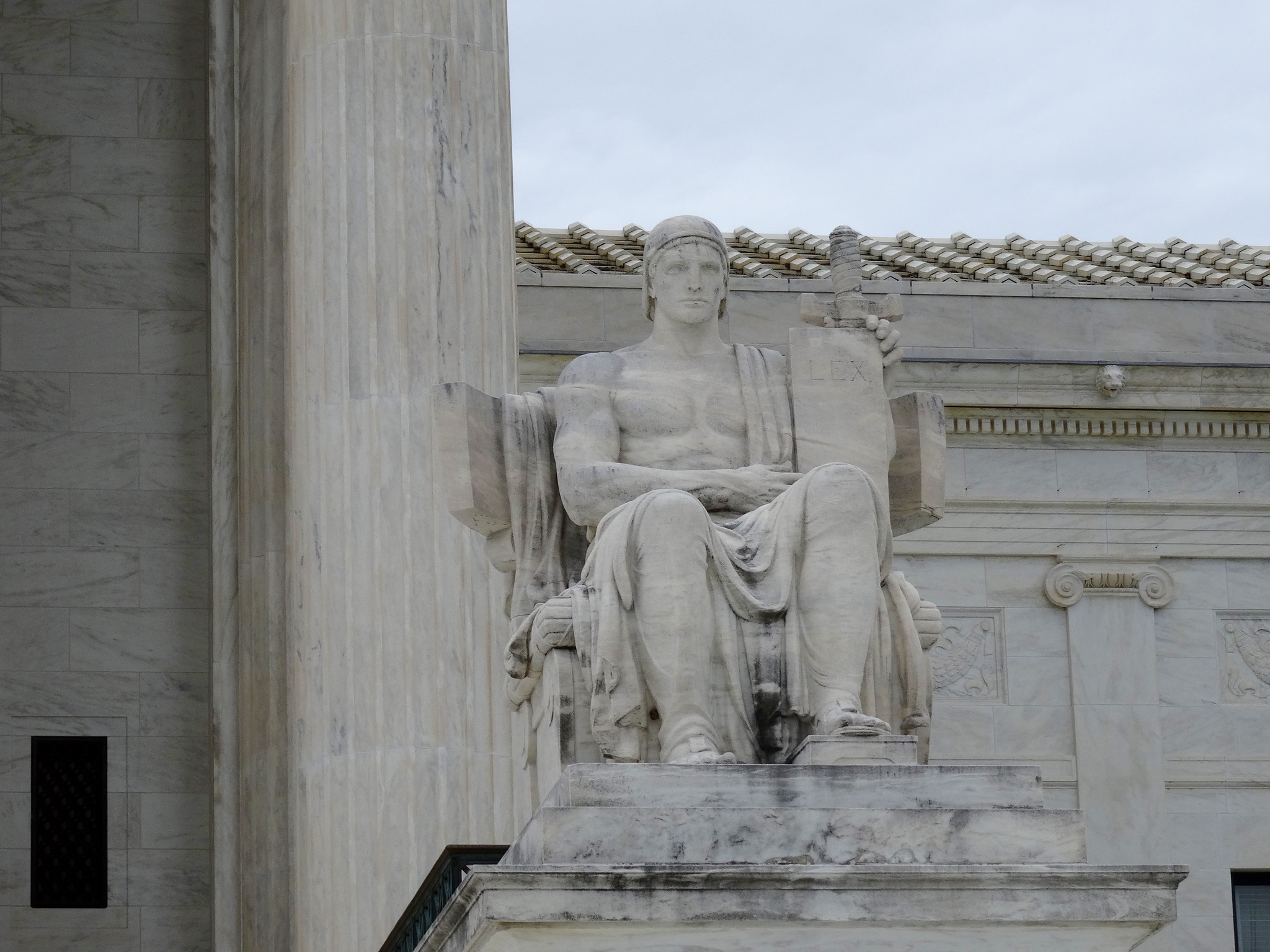OPINION ANALYSIS
Double jeopardy clause bars Georgia from retrying man acquitted by reason of insanity

on Feb 21, 2024 at 7:50 pm

So what would you expect if a state supreme court wrote an opinion directly inconsistent with “perhaps the most fundamental rule” of the Supreme Court’s jurisprudence in the area, an opinion that would get a failing grade in any law school course on criminal law? Well, your first guess would be that the Supreme Court would unanimously reverse, and if you were bold you’d predict a short opinion assigned because of its triviality to the most junior justice. That is about what we got Wednesday with Justice Ketanji Brown Jackson’s brief opinion for a unanimous court in McElrath v. Georgia.
McElrath involves a tragic crime in which a mentally ill defendant killed the woman who adopted him, based in part on a delusional belief that she was poisoning him. Georgia charged Damian McElrath with malice (that is, premeditated) murder, felony murder, and aggravated assault. At the trial, the jury found him not guilty by reason of insanity of the most serious charge (malice murder), but guilty on the two lesser charges of felony murder and aggravated assault.
If you know anything about the double jeopardy clause of the Fifth Amendment, you probably are thinking that the jury’s acquittal of McElrath on malice murder is the end of it at least for that charge. But Georgia’s high courst saw it differently. The Supreme Court of Georgia pointed out that the verdicts were directly contradictory – under Georgia law, “repugnant.” Specifically, there was no way that McElrath could both have the requisite state of mind to be responsible for the lesser offenses and lack the requisite state of mind for the greater offense. Accordingly, the Georgia Supreme Court concluded that the “repugnance” of those paired determinations meant that the jury’s conclusion did not count as a “verdict” at all. Thus, it reasoned, Georgia could retry McElrath, even on the charge for which the jury had acquitted him.
Not surprisingly, Jackson was having none of this. She started by emphasizing how “long” it “has … been settled … that a verdict of acquittal is final, ending a defendant’s jeopardy, and … is a bar to subsequent prosecution for the same offence.” The next question, then, is to define an acquittal, which Jackson describes as “any ruling that the prosecution’s proof is insufficient to establish criminal liability.”
With that definition in hand – one that incontrovertibly describes the jury’s ruling here – Jackson explained that a verdict, “[o]nce rendered, … is inviolate,” quoting the court’s earlier description of that rule as “[p]erhaps the most fundamental rule in the history of double jeopardy jurisprudence.” She noted that the courts “have long recognized” the possibility that a “not guilty” verdict might reflect “compromise, compassion, lenity, or misunderstanding of the governing law,” but emphasized that “the Double Jeopardy Clause prohibits second-guessing the reason for a jury’s acquittal,” based on the jury’s “unreviewable power to return a verdict of not guilty even for impermissible reasons.”
At that point, Jackson turned to Georgia’s insistence that its doctrine on repugnant verdicts supported the conclusion that “no acquittal took place” under state law. Jackson retorted: “We cannot agree. … Whether an acquittal has occurred for purposes of the Double Jeopardy Clause is a question of federal, not state, law.” Among other things, “an acquittal has occurred if the factfinder acted on its view that the prosecution had failed to prove its case.” Here, “the jury’s verdict of not guilty by reason of insanity constituted such a determination.” Accordingly, it “was an acquittal for purposes of the Double Jeopardy Clause,” which “therefore bars retrial of McElrath on that charge.”
I think it likely that scholars will little note, nor long remember what Jackson said here. But that does not undermine the value of the ruling. After all, it was the willingness of the justices to review this case that restrained Georgia from a rather contemptuous violation of McElrath’s constitutional rights.


